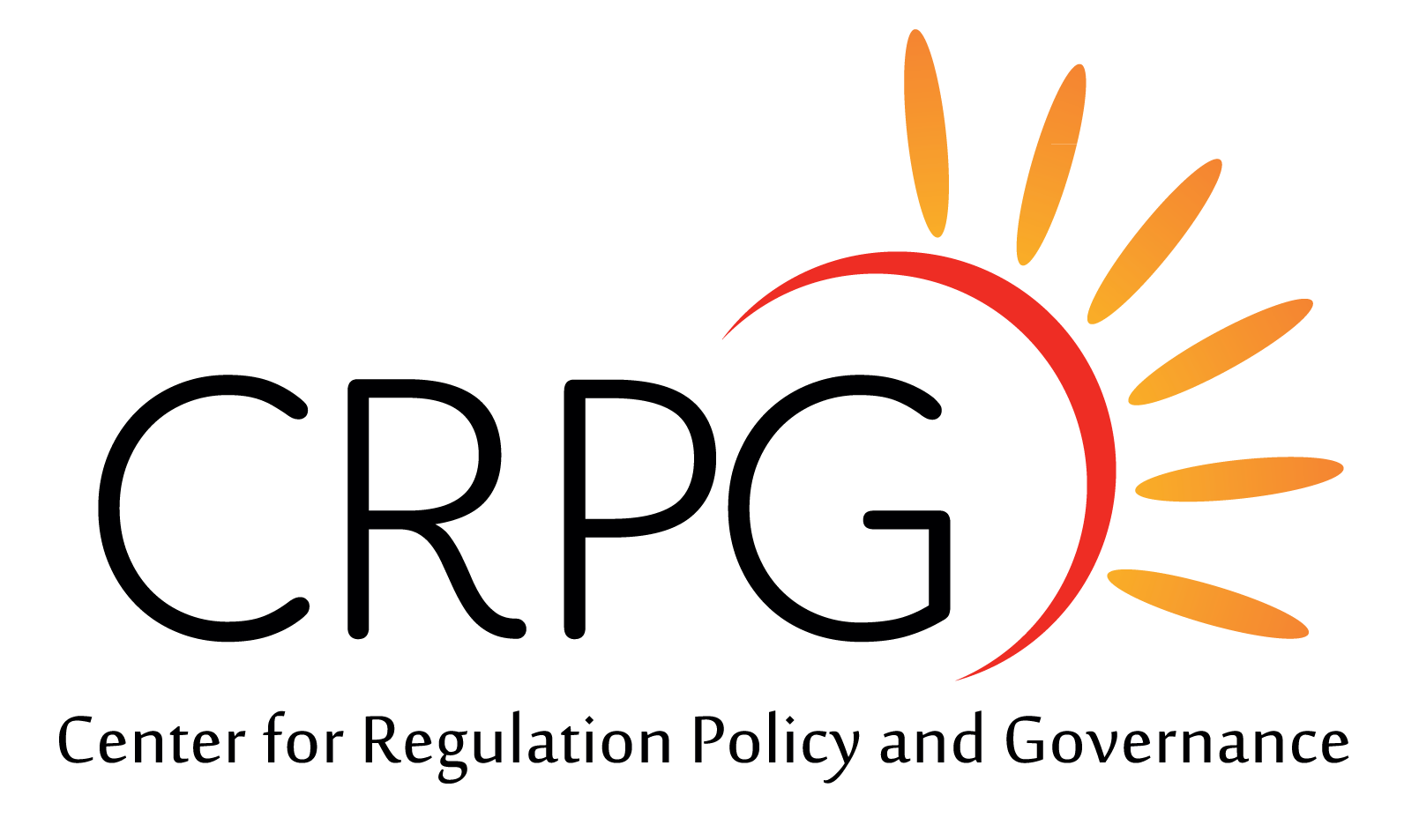Regulation of Hazardous Substances and Toxic Waste Management
Background
A research on Hazardous Substances and Toxic Waste Management Regulation (Regulasi Pengelolaan Bahan Berbahaya dan Beracun) was conducted as a part of Polychlorinated Biphenyls (PCB) phasing out joint project of the United Nations Industrial Development Organization (UNIDO) and The Indonesian Ministry of Environment and Forestry (KLHK), carried out under the Global Environmental Fund (GEF) sponsorship. CRPG researchers Mohamad Mova AlAfghani and Dyah Paramita assisted the project’s regulatory component.
Regulating the Phasing Out of Polychlorinated Biphenyls (PCB).
Report
The report consisted of Main Report with 6 annexes:
Table of contents (Main Report):
1. International Conventions on PCB and its implementation in Indonesia
1.1. Basel Convention
1.2. Stockholm Convention
1.3. Rotterdam Convention
1.4. Ratification of the Basel, Rotterdam and Stockholm Conventions
1.5. Existing Regulations Relevant to Persistent Organic Pollutants
2. PCB Regulation in Other Countries
2.1. United States of America
2.2. Philippines
2.3. South Africa
2.4. European Union
2.5. England and Wales
3. Definitions and concepts in the management of hazardous chemicals
3.1. Chemicals vs Articles
3.2. Chemical Substances vs Chemical Mixture
3.3. Hazardous Substances and Substances of Very High Concern
3.4. Substance, Mixture and Articles under Indonesian Regulations
3.5. Globally Harmonised System in Indonesia
3.6. Chemical Substances under the Indonesian Chemical Bill
3.7. Waste
4. Regulatory Framework for PCB Life Cycle in Indonesia
4.1. Import, Export and Production
4.2. PCBs Import to Indonesia
4.3. Distribution of POPs in Indonesia
4.4. Registration
4.5. Packaging and Labelling of B3
4.6. Packaging and Labelling of B3 Wastes
4.7. B3 Waste Storage
4.8. B3 Waste Collection
4.9. Transportation
4.10. B3 Waste Utilisation
4.11. B3 Waste Treatment/Processing (Pengolahan Limbah B3)
4.12. B3 Waste Hoarding (Penimbunan Limbah B3)
4.13. Accident and Emergency Response
4.14. Occupational Health and Safety
5. Environmental Standards and Product Standards
5.1. Air Quality
5.2. Water Quality
5.3. Limit Values for PCBs in Food and Human Bodies
5.4. Standards to Determine Land Contamination
5.5. Product Standardisation
6. Institutional Arrangements
6.1. Specific Institutions
6.2. Ministry of Environment and Forestry
6.3. Local Government
7. Gap Analysis and Recommendations
8. Annexes
Annexes:
Annex 1 Recommendation for Regulatory Reform
Annex 2 Existing Regulatory Framework
Annex 3 PCB Official Guidance
Annex 4 PCB Code of Practice (by Dr. Carlo Lupi)
Annex 5 Analysis of Task, Role and Function of MoEF Units in PCB Phasing Out
Annex 6 Recommendation for the Regulation of Economic Incentives
Download only The Main Report here.
Download the The Main Report and its Annexes here (6MB, 231 pages).
Suggested citation: Al’Afghani, MM, Paramita D, Polychlorinated Biphenyls (PCBs) Phasing-Out Regulation in Indonesia: Final Report. United Nations Industrial Development Organization and the Ministry of Environment and Forestry, Republic of Indonesia, 2016.
Note: The most important part of the Annex is Annex 3 and Annex 4. Annex 3 consist of the DRAFT PCB Official Guidance that is currently being discussed by the government for adoption. We will upload the formal document once the government have decided to adopt the guidance.
Related Presentations
1.Rekomendasi Regulasi Phasing Out PCB di Indonesia, Laporan Final (download).
2. Kebijakan Eliminasi dan Penghapusan Pengunaan PCB di Indonesia (download).
3. Regulasi PCB di Indonesia dan Perbandingan di Beberapa Negara (download).
4.Indentifikasi Tupoksi KLHK dalam Pengelolaan PCB (download).
5.Rekomendasi Regulasi dan Adopsi Official Guidance PCB (download).
Research Report on Draft Chemicals Management Law
Chemical Management in Indonesia: Present and Future (Analysis on the Draft of Chemical Management Law and the Draft Revision of Government Regulation No.74/2001 on the Hazardous and Toxic Substances) by Dyah Paramita. Download here
